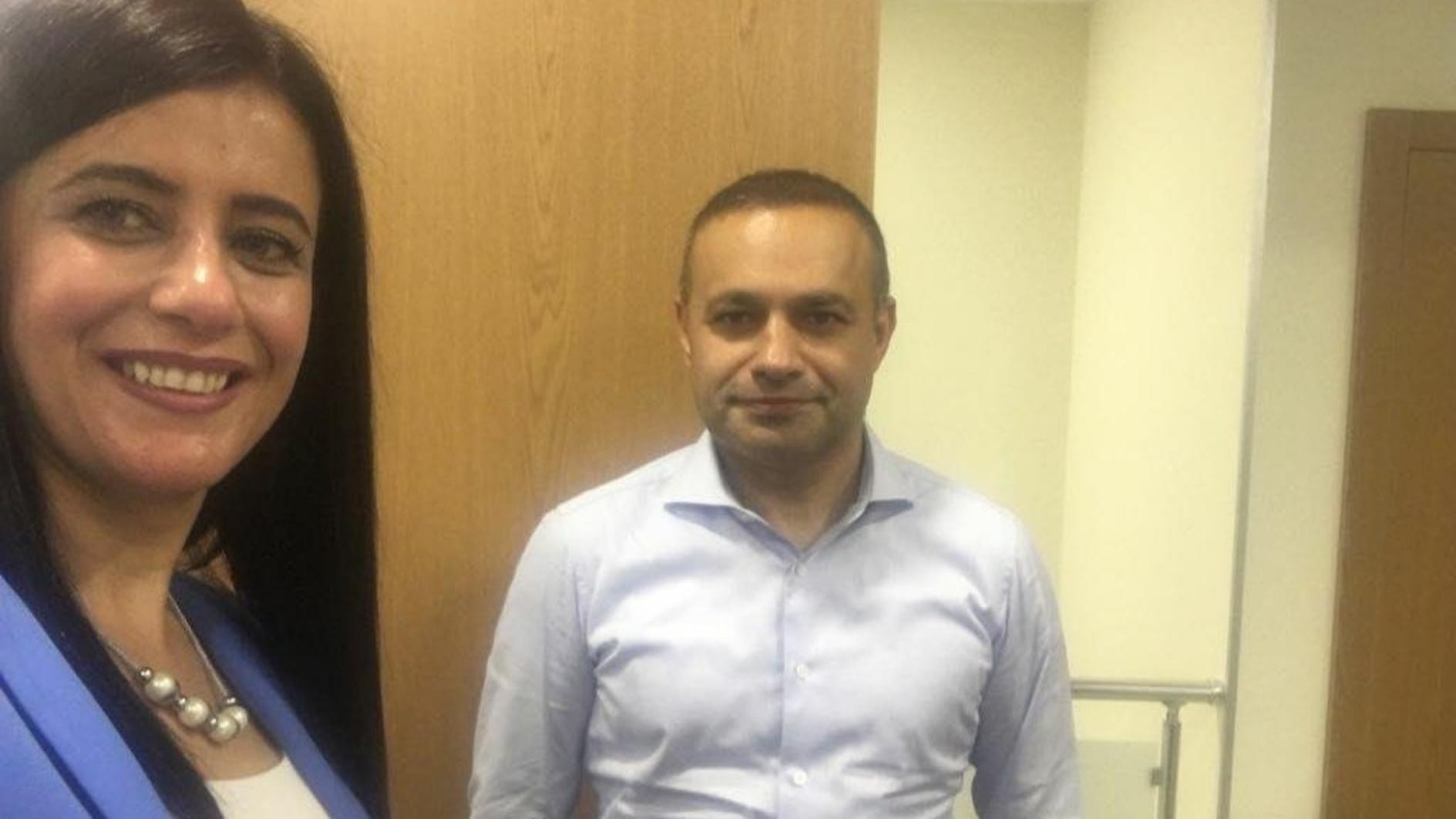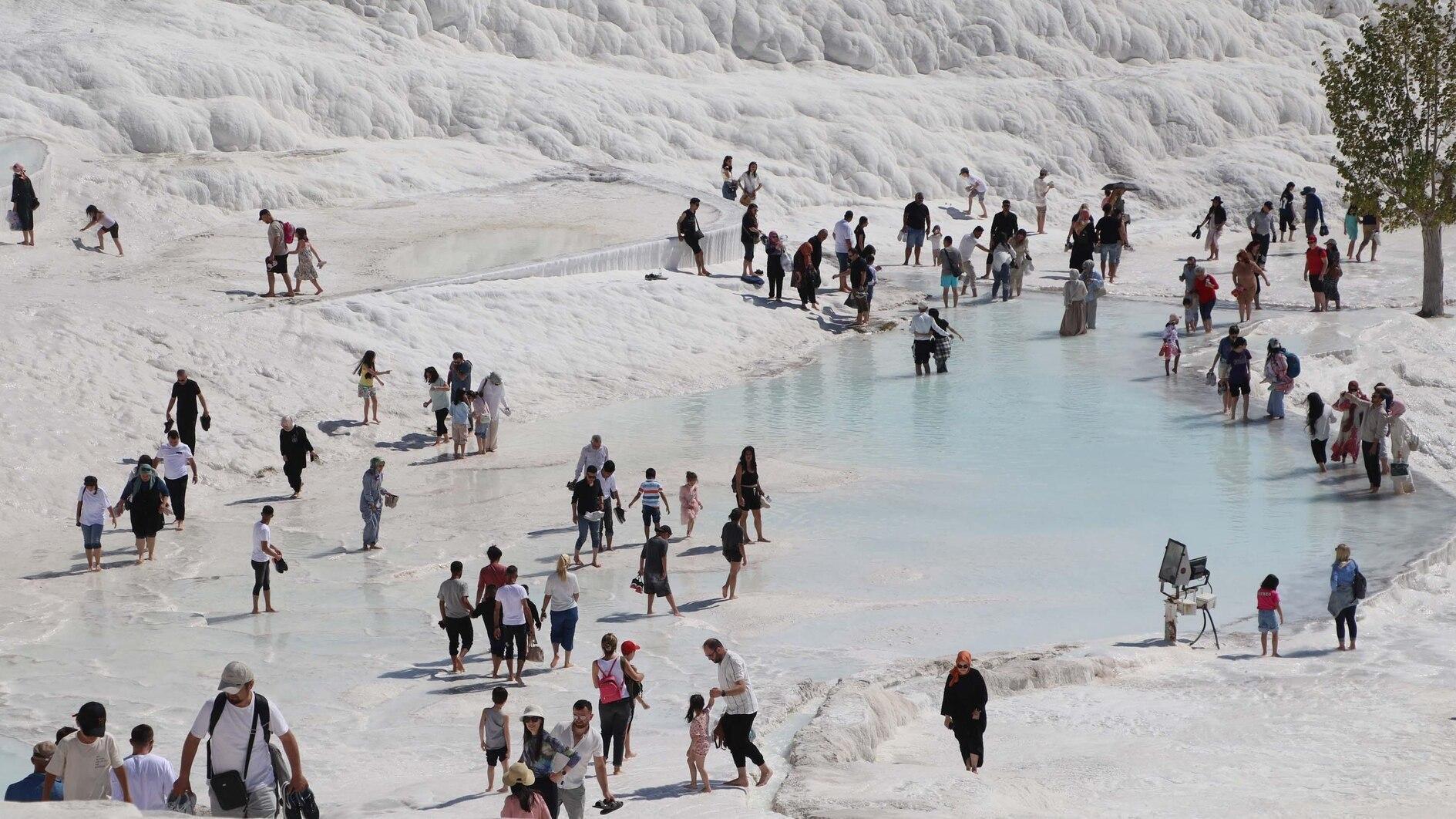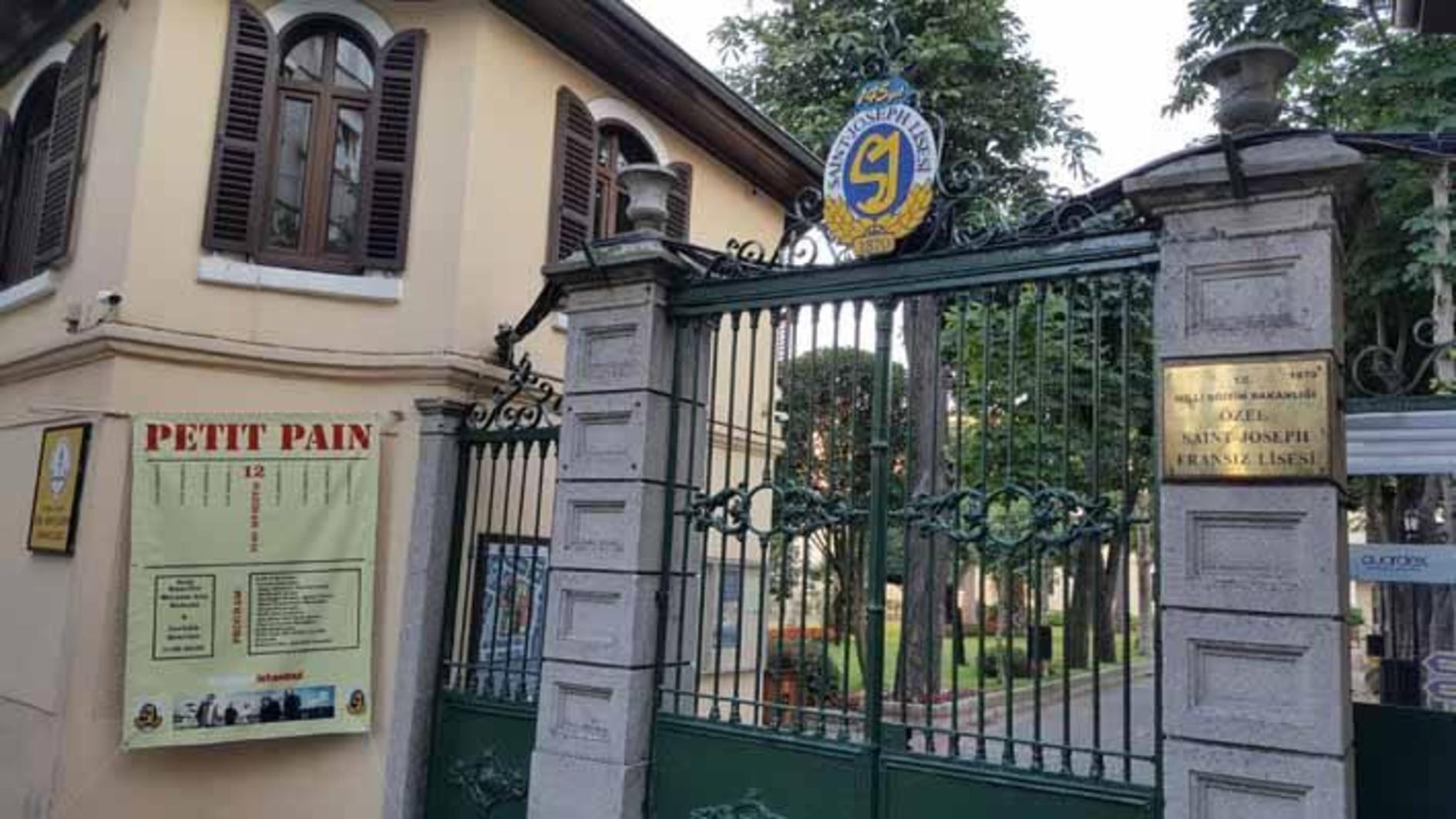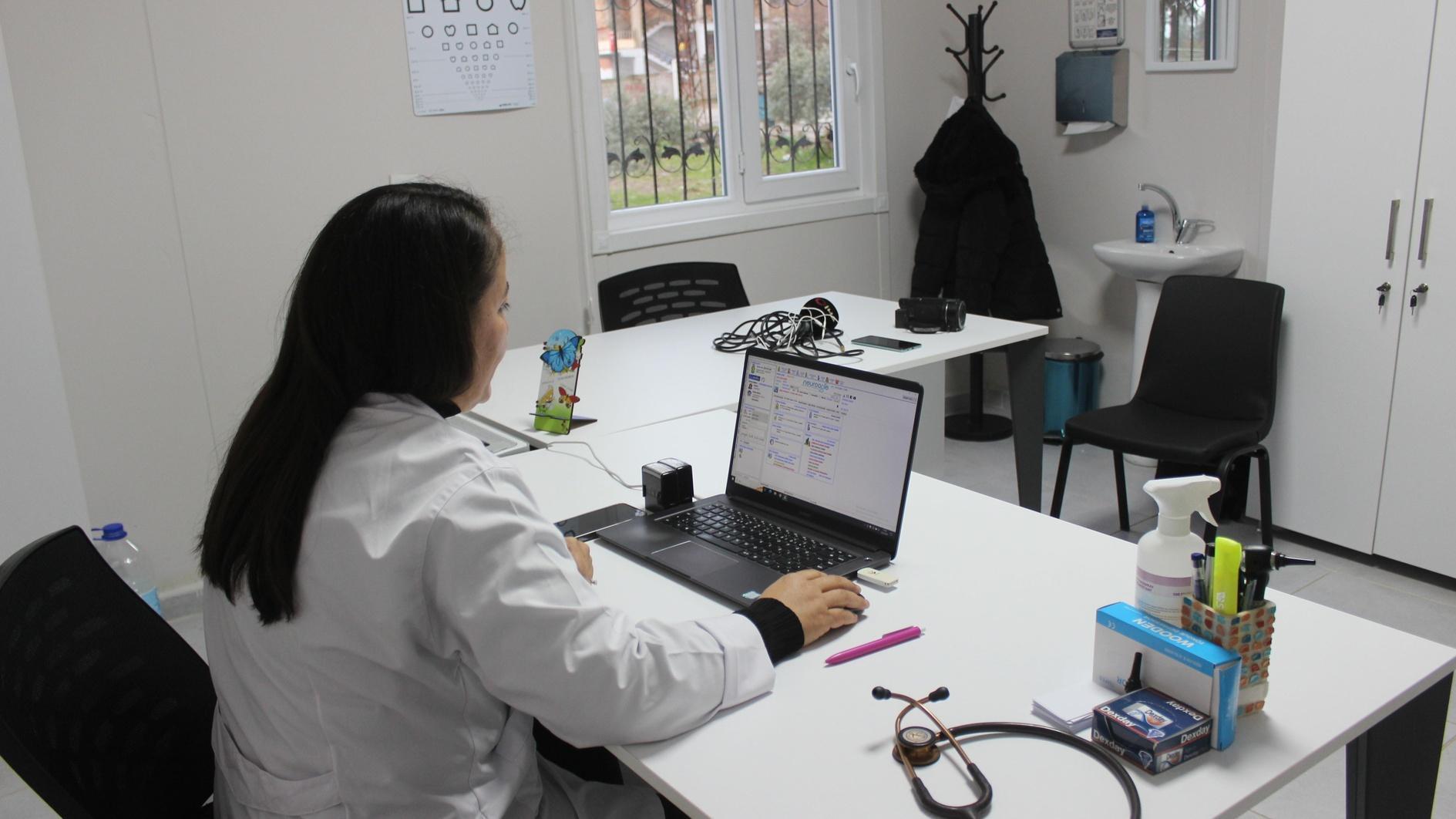Cypriot leaders want to continue talks: UN envoy
NICOSIA
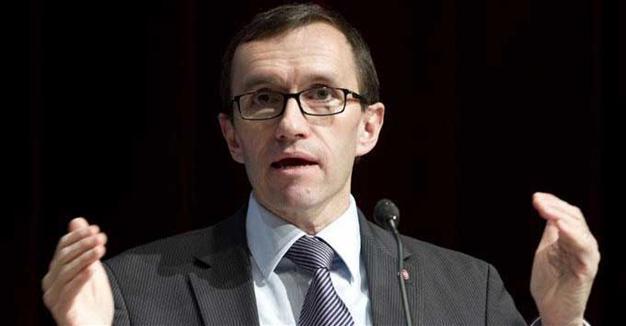 The Special Adviser of the U.N. Secretary-General on Cyprus, Espen Barth Eide, said March 4 that he believed the two leaders of the divided island are committed to making the unification process work.
The Special Adviser of the U.N. Secretary-General on Cyprus, Espen Barth Eide, said March 4 that he believed the two leaders of the divided island are committed to making the unification process work. His remarks came after a three-hour meeting with Turkish Cypriot leader Mustafa Akıncı in Nicosia, one day after meeting with Greek Cypriot leader Nicos Anastasiades on March 3.
“There is a strong desire to find a way both to continue the talks - even though it’s not likely to happen immediately - but even more importantly … to work on a new methodology which brings speedier progress on those outstanding issues that we have had as outstanding issues for several months, because frankly after Geneva we’ve had a number of meetings but not significant progress,” Eide said.
“Before this particular crisis, the meetings were not bad, they were simply a bit slow in producing breakthroughs on key issues. I think all of us – the leaders and myself – agree that time was spent on minor issues that should have been better spent on larger issues, so we are discussing now – constructively, I would say – new ideas about how to organize the time from when talks continue, hopefully towards an agreement, in a way where we systematically go through all core issues and see their interrelationships even better than we’ve done before,” he added, noting that working on this would be at the top of his own agenda now.
Turkish Cypriot negotiator Özdil Nami, presidential spokesman Barış Burcu Burcu and the U.N. secretary general’s special representative Elizabeth Spehar were also present at the Eide-Akıncı meeting.
During the news conference after the meeting Eide acknowledged that Greece’s “Enosis commemoration in schools” issue was a problem in negotiations and said they are trying to think of ways to overcome the matter.
The Greek Cypriot parliament recently voted to introduce a yearly public school commemoration of a 1950 referendum in which Greek Cypriots voted overwhelmingly for Athens to take over the island, an idea known as Enosis (Union).
The eastern Mediterranean island was divided into a Turkish Cypriot state in the north and a Greek Cypriot administration in the south after Turkish military intervention following a Greek-inspired 1974 military coup.
Energy cooperation would help peace on Cyprus: Akıncı
Turkish Cypriot President Mustafa Akıncı said if the negotiations for a resolution on the island end in success, Mediterranean gas reserves will help bring lasting peace to the island.
Speaking to Turkey’s state-run Anadolu Agency on March 3 after attending the 13th Economic Cooperation Organization (ECO) Summit in the Pakistani capital Islamabad, Akıncı also warned that “if there is no solution and compromise on the island, the natural gas deposits will be an element of tension.”
An energy corridor from southern Cyprus into Northern Cyprus would serve peace, he added.
On plans by Israel, Greece, and the Greek Cypriot administration to build underwater electricity networks, Akıncı said “an Israel-Cyprus-Turkey route could be less expensive and more easy.”
Akıncı also said that if a settlement is reached, water coming from Turkey to the island’s north would be shared with the south.
“Cooperation in the field of energy benefits everyone in the region. That’s the smart way. But for this a resolution on Cyprus is necessary,” he said.
The Turkish Cypriot leader also said his country had applied for full membership in the ECO, the 10-nation Eurasian political and economic intergovernmental organization that includes Turkey, Pakistan, and Iran.



